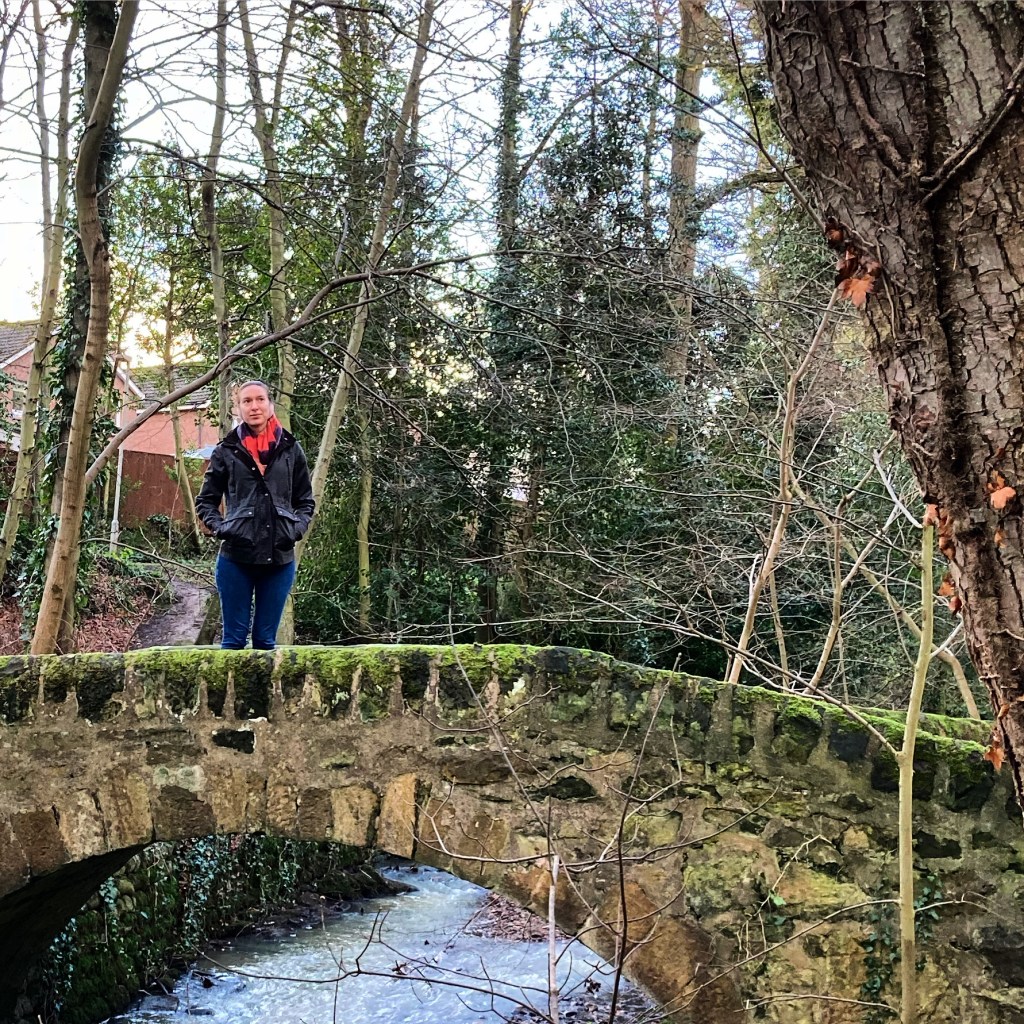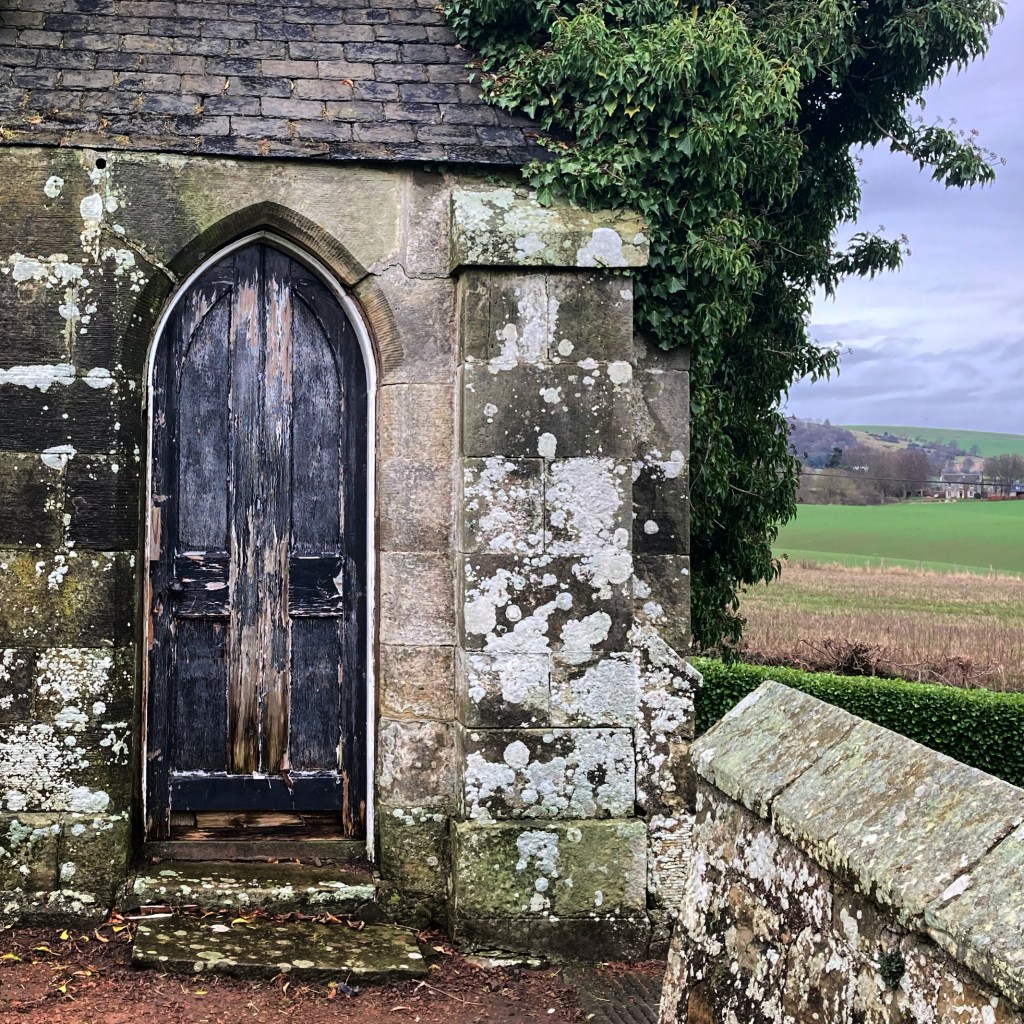I still feel in my soul that Lent of 2020 never ended. And as communities of the world cry out afresh at injustice and violence and oppression, my heart aches in the heaviness at the brokenness of humanity.
“Remember you are dust.”
As we usher in this liturgical season of silence, pairing away distraction to look at the truth of ourselves, of our need, of our own grievous fault, I will not pretend there is not relief in acknowledging my smallness. My insignificance. There is a brutal release in recognizing that I cannot strive to be whole—it will never come from me. And yet, the gnawing sense that this is all absolutely not as it is to be does not let me rest. Our brokenness does not let us rest. Seeing the horrors that wreak terror on a large scale should not give us peac
“Remember you are dust.”
.
In the past week, I can only take in the world’s events and shake my head, muttering “Lord, have mercy,” and try to keep going about my day. Heartbroken at what we are all bearing witness to, certainly, but also the laundry still needs to be done, the marketing plans still need to be written, meals still need to be made. The mundane futility of our days still needs to be tended to. This is part of living in a world where order is not yet once-and-for-all.
“Remember you are dust.”
Once-and-for-all is coming. This I hold to. But in order for the impact of Easter, I must acknowledge that that is beyond my frailty, my temporality, my deep brokenness. Today we acknowledge that we do not have answers. That we cannot bring hope. That we are dust. And we lament that.
Blessings on your Ash Wednesday















